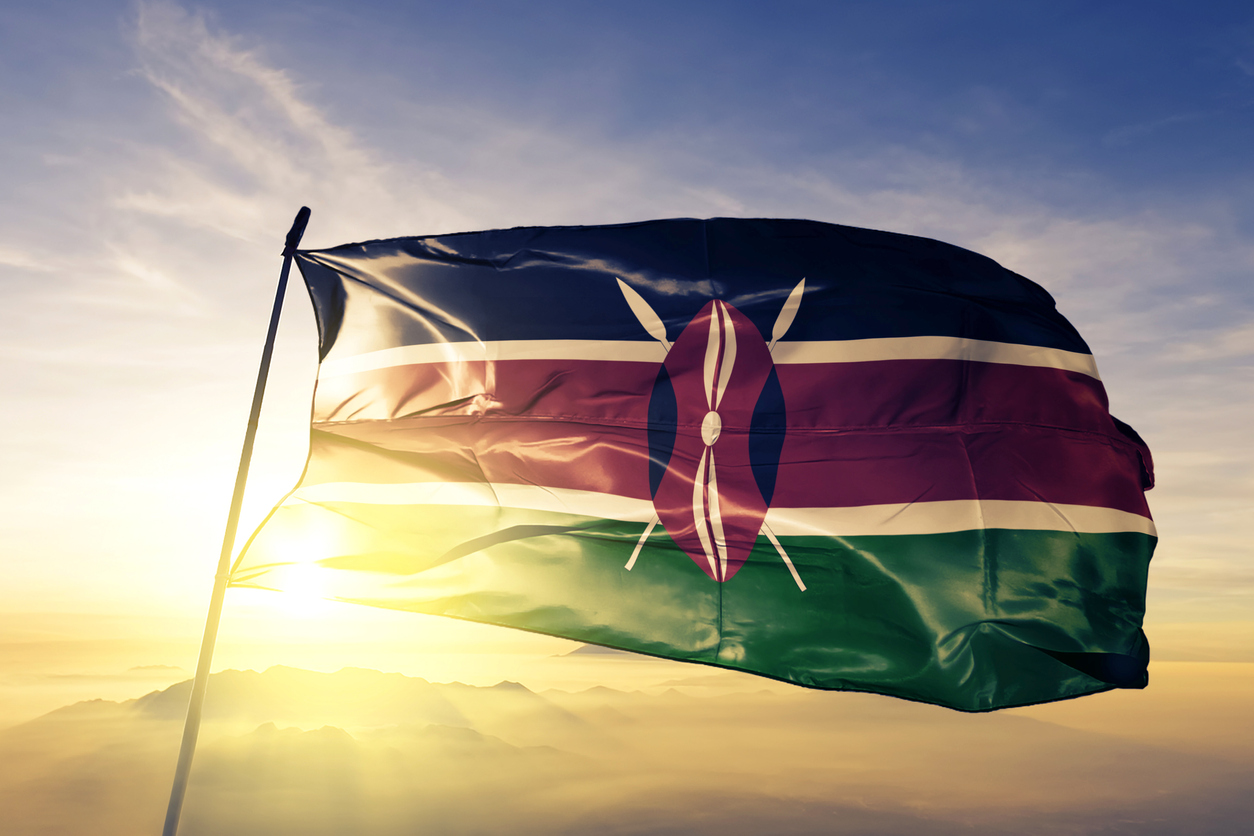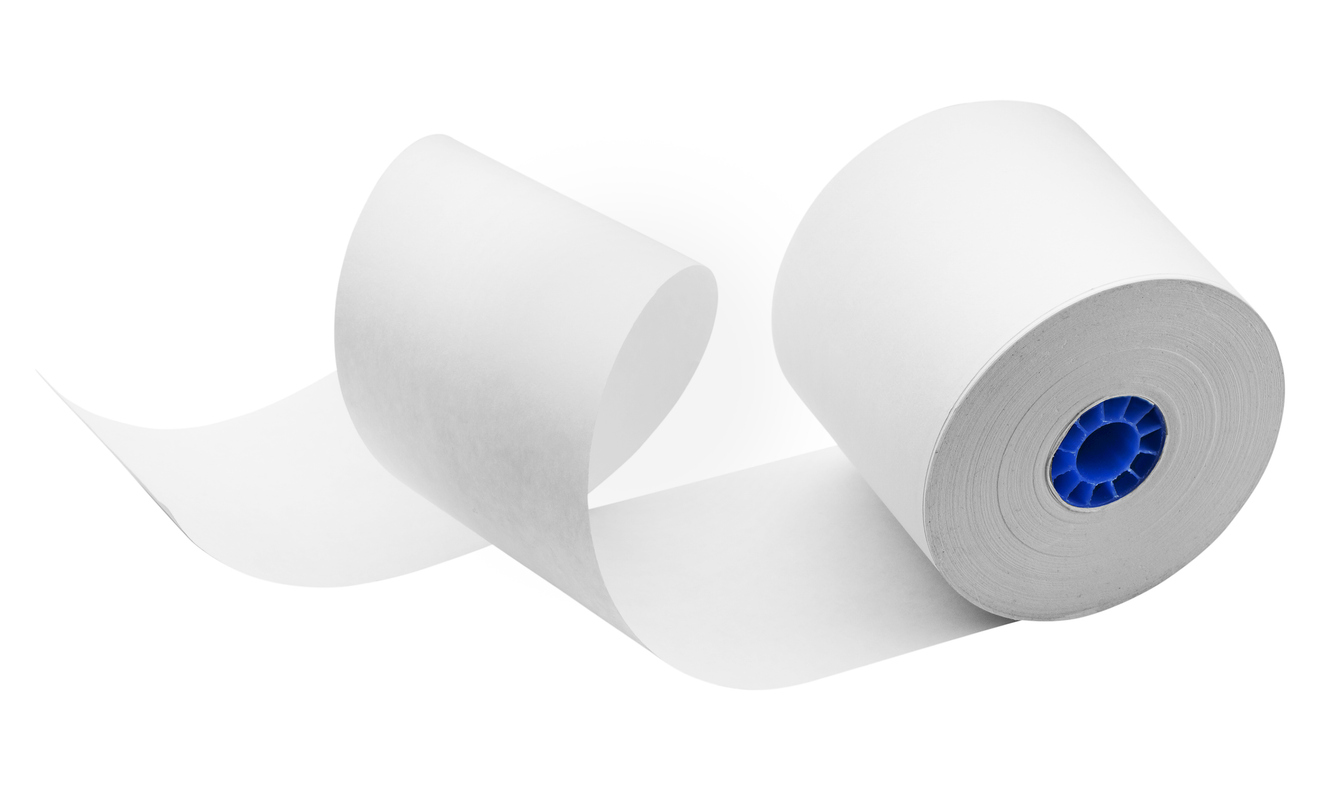The Ultimate Guide to Shipping Goods from New Zealand to Kenya
The Ultimate Guide to Shipping Goods from New Zealand to Kenya
Are you ready to transport goods from New Zealand to Kenya? If yes, then you’ve come to the right place! In this comprehensive guide, we will show you everything you need to know to make sure your goods arrive safely and on time. We’ll cover the ins and outs of shipping, the different options available, and the best strategies for success. We’ll also provide you with all the information you need to make sure your goods reach their destination in the most efficient and cost-effective way possible. So, whether you’re a new or experienced exporter, this guide will give you the confidence you need to make sure your goods make it from New Zealand to Kenya without any unnecessary delays or issues. So, let’s get started!
Overview of Shipping from New Zealand to Kenya
Shipping goods from New Zealand to Kenya can be a smooth process, as long as you know how to navigate the process and choose the right shipping company. In this guide, we’ll go over the ins and outs of shipping, the different types of shipping, and the best strategies for success. We’ll also provide you with all the information you need to make sure your goods reach their destination in the most efficient and cost-effective way possible. So, whether you’re a new or experienced exporter, this guide will give you the confidence you need to make sure your goods make it from New Zealand to Kenya without any unnecessary delays or issues. So, let’s get started! For New Zealand exporters, shipping to Kenya is likely to be the most popular route. This is due to the fact that New Zealand is a popular destination for tourists, and Kenya is a major tourist destination. So, it’s likely that you’ll be shipping goods to Kenya on a regular basis.
Understanding the Types of Shipping
One of the first things to understand when shipping from New Zealand to Kenya is the different types of shipping. You can break down shipping into three categories: air freight, sea freight, and overland transport. Air Freight – Air freight is the quickest way to transport goods between New Zealand and Kenya. However, it tends to be the most expensive option. Air freight is ideal for shipping time-sensitive items, such as medical supplies and perishable goods. Sea Freight – Sea freight is the most affordable option for shipping goods between New Zealand and Kenya. However, it’s also the slowest option. Therefore, sea freight is ideal for shipping non-perishable goods that you need to reach their destination within a certain time frame. Overland Transport – Overland transport is a combination of land and water transport. It’s usually the cheapest option, but it also takes the longest time to reach the final destination. Therefore, it’s ideal for shipping non-perishable goods that require a long transportation time.
Estimating Your Shipping Costs
As an exporter, you want to make sure you get the best possible deal when shipping goods from New Zealand to Kenya. To do this, you need to estimate the cost of shipping first. There’s no point in estimating your shipping costs only to find out that you didn’t get the best deal available. Therefore, you need to know how to estimate shipping costs properly. Once you’ve done this, you can then compare your estimated costs with the rates offered by various shipping companies. This way, you’ll know which company offers you the best deal. Here are some tips for estimating shipping costs: Assess the weight of your goods – The first thing to do when estimating shipping costs is to assess the weight of your goods. You can do this by using a shipping calculator. Shipping calculators are easy to use and can give you an approximate idea of the cost of shipping your goods. Compare possible shipping routes – Now that you have an idea of the cost of shipping your goods, you need to compare the different shipping routes available. You can do this by creating an excel spreadsheet or Google Sheets.
Choosing the Right Shipping Company
Now that you’ve estimated your shipping costs, it’s time to choose the right shipping company. The last thing you want to do is sign a contract with a company that doesn’t meet your requirements. This can be costly and time-consuming, and it’s something that you can easily avoid. Here are some tips to help you choose the right shipping company: Research different shipping companies – The first step is to research different shipping companies. This will give you a good idea of what’s available and what different companies offer. Choose a reputable shipping company – Once you’ve researched the different shipping companies, you need to choose a reputable shipping company. You can do this by checking online reviews, and looking at the BBB rating and other online ratings.
Preparing Your Goods for Shipping
Now that you’ve chosen the right shipping company, it’s time to prepare your goods for shipping. The first step is to make sure that your goods are packaged correctly. Here are some tips for packaging your goods: Use sturdy packaging materials – Your packaging materials should be sturdy enough to protect your goods during transit. However, they shouldn’t weigh your goods down too much. If they do, they could increase your shipping costs. Mark your packaging – You should mark your packaging in a way that makes it easy for customs agents to inspect and identify the goods inside. You can do this by using custom labels, bar codes, and colour coding. Inspect your packaging – Once you’ve packaged your goods, you need to inspect the packaging to make sure that it’s secure and unlikely to break during transit. If you notice any weak points, you can reinforce them with tape or other materials.
Documenting Your Shipment
Now that your goods are packaged, it’s time to document your shipment. There are two things that you need to document your shipment: the commercial invoice and the bill of lading. You need to document your shipment to inform your shipping company of the contents of your shipment, the shipping details, and the parties involved in the transaction. Here are the things you need to document your shipment: Commercial Invoice – The commercial invoice is a document that includes details about your products, quantity, type of product, and purchase price. Bill of Lading – The bill of lading is a document that tells you where your shipment is going and who is responsible for transporting it.
Tracking Your Shipment
Now that your shipment is on its way, it’s a good idea to track it. This will allow you to keep tabs on your shipment and know when it reaches its destination. There are two ways to track your shipment: online and via phone. Tracking your shipment online is easy and quick. You simply need to use the tracking number provided by your shipping company. If you want to track your shipment via phone, you need to call your shipping company. They will then give you the tracking number and tell you how often you can expect to receive updates.
Tips for Successful Shipping from New Zealand to Kenya
Here are some tips for successful shipping from New Zealand to Kenya: Communicate with your shipping company – The best way to avoid problems is to communicate with your shipping company as often as possible. Make sure that you communicate every time you have a question or concern, and they’ll be happy to help you. Keep your shipping documents safe – It’s important to keep your shipping documents safe and secure. Ideally, you should keep them off-site so that they’re not in the same place as your goods. Some good places to keep your documents include a safety deposit box or a fireproof safe. Use a shipping broker – If you’re new to shipping or need help with your documents, you should consider hiring a shipping broker. A shipping broker will help you navigate the process and make sure that everything is done correctly.
Common Shipping Pitfalls to Avoid
Now that you know how to avoid shipping pitfalls, it’s time to take a look at some common pitfalls that you should avoid. Here are some things to avoid: Expecting your goods to be delivered on a certain date – It’s important to remember that shipping is unpredictable. Therefore, you shouldn’t expect your goods to arrive on a certain date. Ignoring your shipping company – You should try to stay in constant communication with your shipping company








LEAVE A COMMENT
You must be logged in to post a comment.